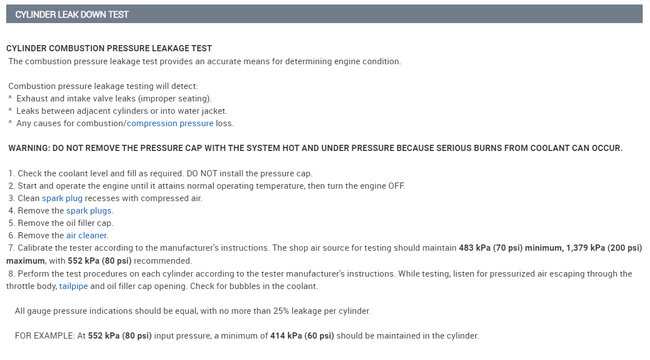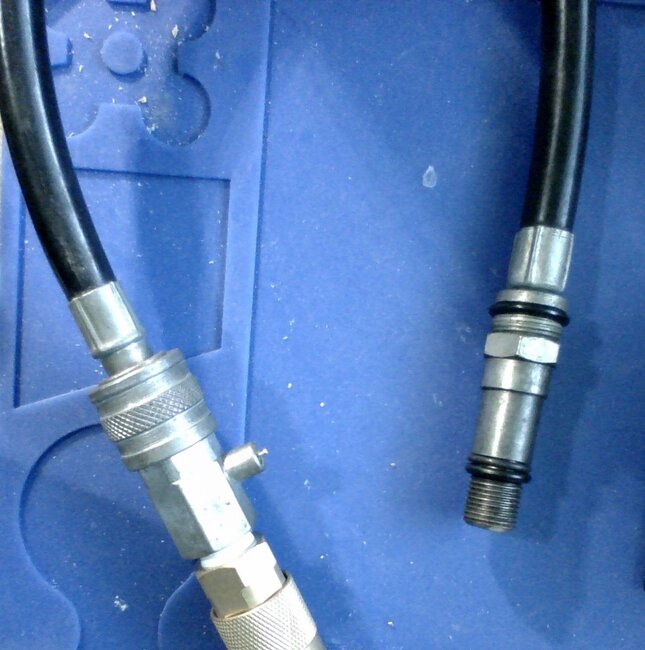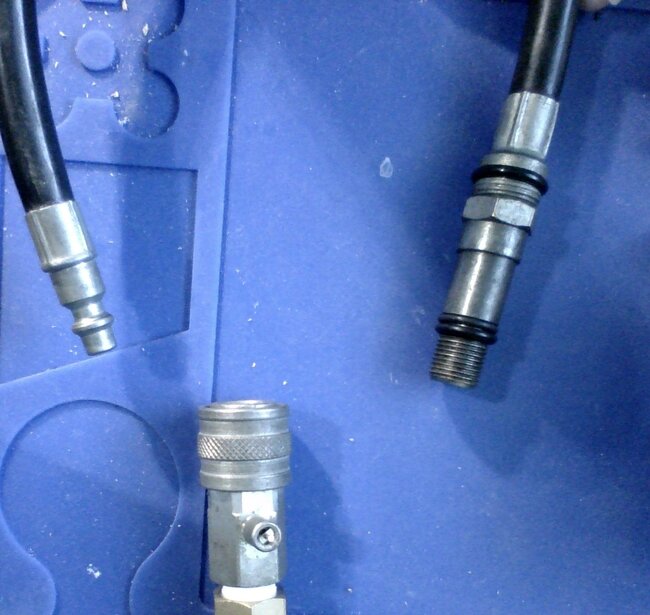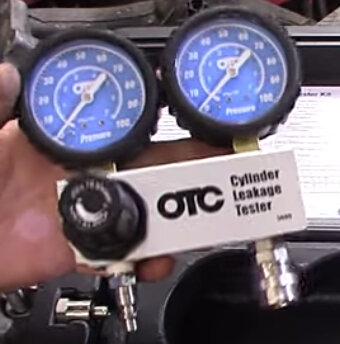Hello, if you have low compression on that one cylinder then it is most likely going to be a valve sealing issue, (burned valve, broken valve spring, or something worse like piston/ring damage). You can put about a tablespoon of oil into the cylinder and reset, see if the compression comes up, if it does then it's probably a piston or ring issue, if it doesn't it's going to be a valve issue. You can get that cylinder up to top dead center and put some compressed air into the cylinder and see where you hear it leaking out. I'll post some more info on testing for you.
If you can unplug the fuel injector for the number 1 or disable the injectors some other way so you don't get any cylinder wash while doing a compression test. If the vehicle has Clear Flood mode, you should be able to hold the gas pedal to the floor and the vehicle won't start, and if you have all the spark plugs still in, you should be able to hear an uneven cranking cadence or rhythm, it won't sound even, that's other indication there is a compression issue,
But putting some compressed air into the cylinder when it's on its compression stroke and the valves are closed with the piston at TDC, you will hear air escaping either into the intake manifold, out the exhaust, or out the oil fill cap meaning its escaping passed the piston into the crankcase.
You don't need to put more than 60 or so PSI of pressure into the cylinder, and if you have trouble getting the piston to TDC on the number 1, rotate the engine by hand with your compression gauge still on there and watch for the compression to start to rise, then you know you're on the compression stroke, from there, the harmonic balancer should have a mark on it for the number 1 cylinder.
https://www.2carpros.com/articles/the-reasons-for-low-compression
Image (Click to make bigger)
Saturday, September 30th, 2023 AT 9:30 AM







